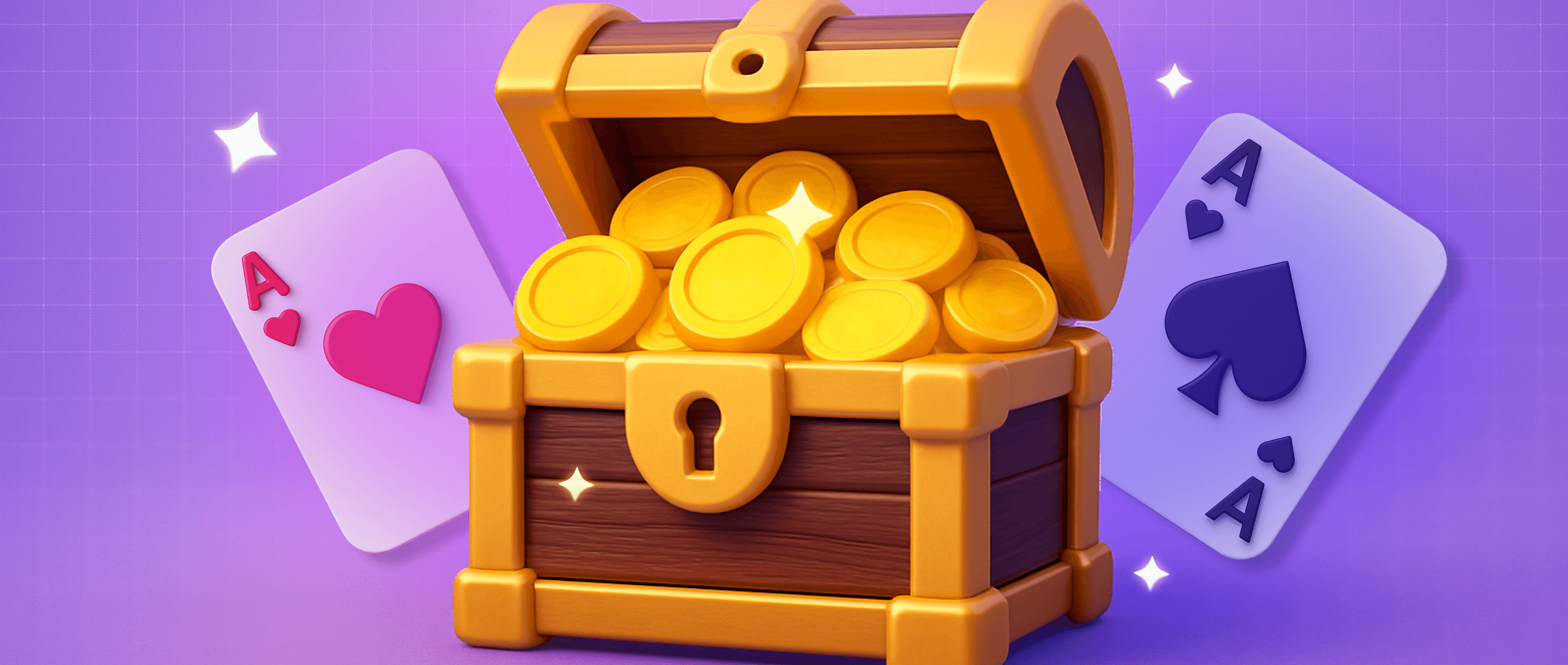
Jackpot
Jackpot — is the top prize in a casino game, usually a slot, awarded when a rare symbol combination, bonus feature, or random trigger hits. Jackpots may be fixed or progressive (growing with each wager), can span a single machine or a network, and often deliver the biggest potential wins in gambling for a lucky player.

Understanding Jackpot
In gambling, Jackpot meaning refers to the largest payout a player can win from a slot or table side bet. The formal Jackpot definition covers both fixed prizes and progressive pools funded by a small slice of each wager, with eligibility rules in the paytable. Jackpots matter because they shape risk, volatility, and bankroll needs: the chance is tiny, but the reward is huge. At 101RTP, we review casinos and slots, explain jackpot mechanics, and show how RTP, bet size, and contribution rates influence value and expectations for your play.
Examples of Jackpot
Common examples of jackpots in casino gambling include:
- Fixed jackpot: a set top prize triggered by specific symbols or a bonus, regardless of prior wagers.
- Local progressive: grows from bets on the same machine or within one casino; resets to a seed after a win.
- Wide-area progressive: linked across many casinos, grows fastest, can be life-changing, but has the longest odds.
- Must-drop (hourly/daily): guaranteed to hit by a stated time or amount; timing can be better when the meter is near its cap.
FAQs
What is a Jackpot in a casino?
In casino terms, a Jackpot is the game’s largest possible prize. The Jackpot definition covers fixed amounts and progressive pools that grow with wagers. You qualify by meeting the game’s requirements, such as betting max lines or placing a side bet, and then hitting a rare combination, bonus feature, or random trigger.
How does a progressive Jackpot work?
A small percentage of every eligible wager feeds a shared prize pool. The meter rises until a qualifying event occurs, then the jackpot pays out and resets to a seed amount. Progressives can be local (one casino) or wide-area (many casinos), with rules and eligibility shown in the game’s paytable.
Can betting max increase my chance to win a Jackpot?
Sometimes. Some progressives require a side bet or max-qualifying wager to be eligible, while others allow any stake but pay the same or scale the prize. Always check the paytable: if max bet is required, lower stakes can’t win the top prize. If not required, higher stakes usually don’t change the odds.
Is a Jackpot win paid as a lump sum or annuity?
Online jackpots are usually lump sums (subject to operator limits, verification, and local laws), while some very large wide-area progressives may be paid in installments. Terms depend on the game provider, casino policy, and jurisdiction. Always read rules and be ready for KYC checks and potential tax reporting.
Do Jackpots affect RTP and volatility?
Yes. Progressives divert a small contribution from each bet into the prize pool, often lowering base-game RTP and increasing volatility. Fixed jackpots can still add variance but don’t siphon contributions the same way. Expect longer dry spells punctuated by rare big wins, so manage stake size and session length carefully.
Why are Jackpot odds so low, and how can I plan a bankroll?
Jackpot odds are tiny by design to fund large prizes, so most sessions won’t hit them. Plan around variance: set conservative stakes, long-session budgets, and realistic expectations. For modeling session outcomes, 101RTP’s Slot Simulator helps you test stakes and bankrolls before you play, revealing likely swings and durations.
How can I choose the best slot for Jackpot hunting?
Look for clear rules, qualifying bets you can afford, and meters near attractive thresholds (for must-drop jackpots). Review RTP, volatility, and contribution rates. 101RTP’s expert reviews compare jackpot structures, and our tools—including the Bonus Value Score—help you see where your budget and strategy may deliver the best overall value.
